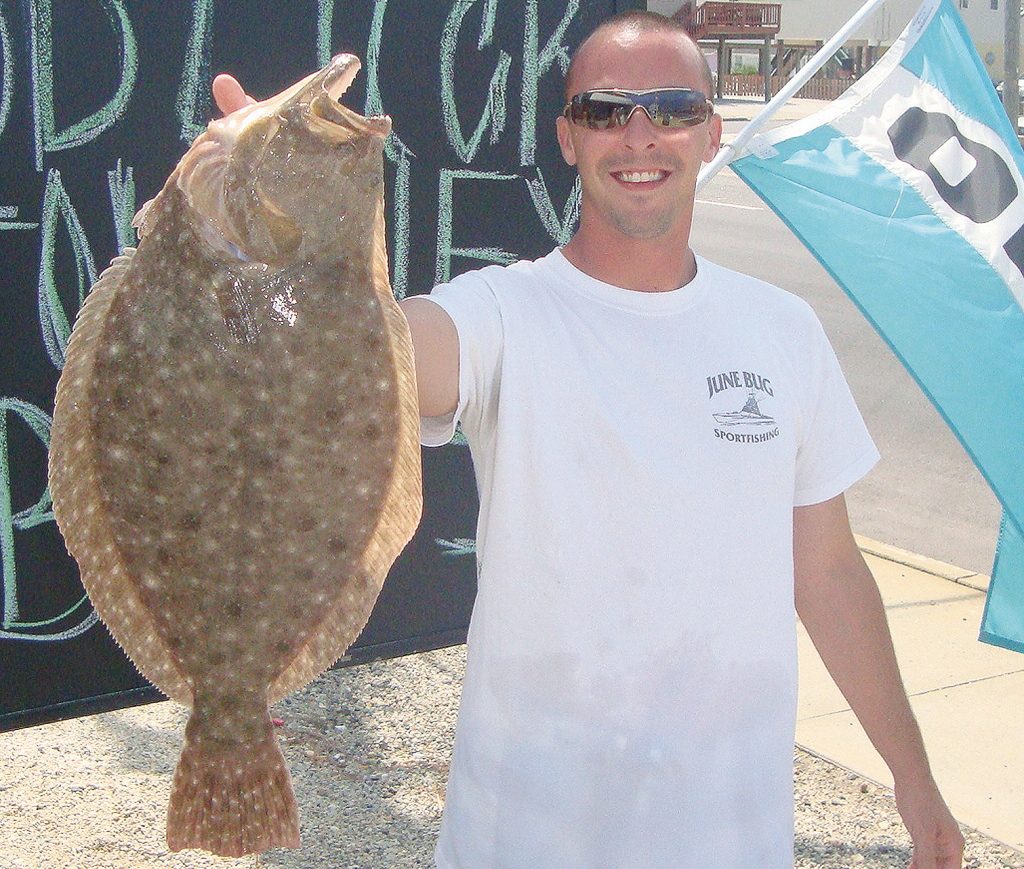A federal panel this week decided to slash the summer flounder quota between 28 and 32 percent in New Jersey, leading some to wonder if the measure will all but destroy the state’s recreational fishing industry in New Jersey.
The Atlantic States Marine Fisheries Commission met in Alexandria, Va., this week to decide on five options – all of which would slash the recreational quota for summer flounder, also known as fluke. Experts estimate the minimum size for a legal fluke this year will be a 19-inches with a low bag limit of about three fish. In 2016 New Jersey anglers held a 5 fish bag limit with an 18 inch minimum requirement.
The decision sent shockwaves through the New Jersey recreational fishing community, including government officials who attended the meeting and attempted to delay the vote. Adam Nowalsky, one of the state’s representatives on the board, told the Asbury Park Press following the 7-2 vote: “Our industry is just killed.”
|
|
The sharp reduction in quota is linked to federal data that shows low recruitment – new fish entering the ecosystem to replace older fish that die or are harvested for food. But other studies have shown the data is severely flawed and populations are among the healthiest they have been since records have been kept.
If New Jersey officials refuse to accept the federal decision, a blanket regulation of a 20-inch minimum and two month-long season takes effect.
The state’s Department of Environmental Protection commissioner and congressional delegation are reportedly working on ways to reverse the decision, including a potential appeal to President Donald Trump to stop “regulation for regulation’s sake,” said James Donofrio, founder of the Recreational Fishing Alliance, a national fishing advocacy group based in New Jersey.
“We are outraged by the summer flounder quota reductions approved today by the Atlantic States Marine Fisheries Commission and National Marine Fisheries Service,” DEP Commissioner Bob Martin said in a statement to Shorebeat. “Today’s actions will disproportionately impact New Jersey more than any other state along the coast.”
“We will use every legal and administrative tool available to stop these unfair cuts that will devastate our state’s fishing industry and have far-reaching impacts on the shore economy,” Martin continued. “We will work to ensure that sound science replaces the current outdated, whipsaw form of management that has harmed our fishing communities for far too long.”
“Just when our fishing industry was recovering from the devastation of Hurricane Sandy, unelected bureaucrats in Washington use questionable methodologies and outdated science to cut us off at the knees,” said U.S. Rep. Frank LoBiondo (R). “I will do everything in my power to run this ASMFC decision aground.”












